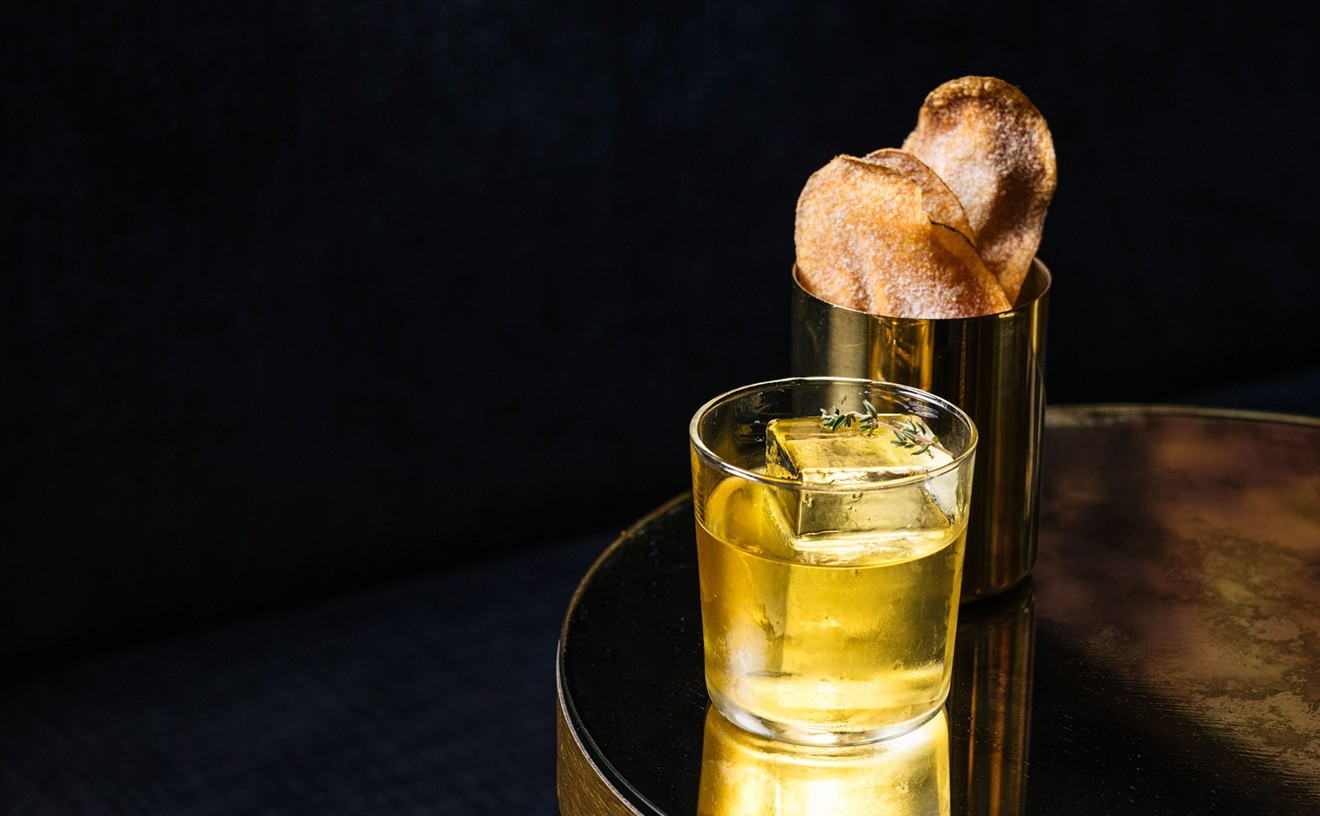At least that's the sense you get talking with people who know what's going on with the quinceañera, that well-known rite of passage for the daughters of Latin American immigrants on their 15th birthdays.
The celebrations are famous for how elaborate they can become -- and how much they can set back parents and godparents, who often feel pressured to put on extravagant receptions that can approach the costs of expensive weddings.
But what's the point? What most folks overlook is the sexual origins of the rite, which has roots in Aztec culture, but later became introductions to womanhood for indigenous girls who were formally presented to their European suitors with elegant affairs and choreographed waltzes.
Old enough to wear a fancy dress and curtsy? That meant old enough to . . . well, you get the idea.
In more recent times, the ritual had taken on a more musty, elitist veneer. "The choreographed waltz is pure aristocracy, usually Swan Lake," says Stella Pope Duarte, a Chicana author and counselor at Cesar Chavez High School who has a pretty good grip on what's happening with 15-year-old Latinas. "They dance like high elitists," she says, referring to the old French influence. "The kids practice and learn. Quinceañera coordinators specialize in the baile de los quince."
But Duarte says many of the ceremonies are losing their dainty, debutante gloss as the baile de los quince is replaced with -- gasp -- hip-hop. "As we assimilate, traditions start to lose their meanings," she says. "The quinceañeras don't mean the same to a lot of these kids." Some girls are opting out of the event entirely by taking offers of cars and trips from their parents. Others jump the gun by getting pregnant.
Still others choose not to have them at all. In some circles, they just aren't cool. Whether it's a struggle with cultural identity or a lack of interest, many simply don't relate to the tradition.
"It's a rite of passage, a time when the girl is presented to society as a woman," Duarte explains. "But it is extremely misunderstood. Many of these young girls feel that once they have one, they are verified. They feel they're women, and as soon as they have them, they're out there, they go into this womanhood thing."
Laurie Muniz, a dance instructor who works with girls preparing for their parties, is even more explicit. "I call them my little mac mamas,'" she says. "The girls are very mature for their age. Things are different now. Girls now view it as a big party and not as a traditional experience."
How have things changed, even just in the time since Muniz, 27, saw her friends go through their celebrations? "The girls now are way into boys," she says.










